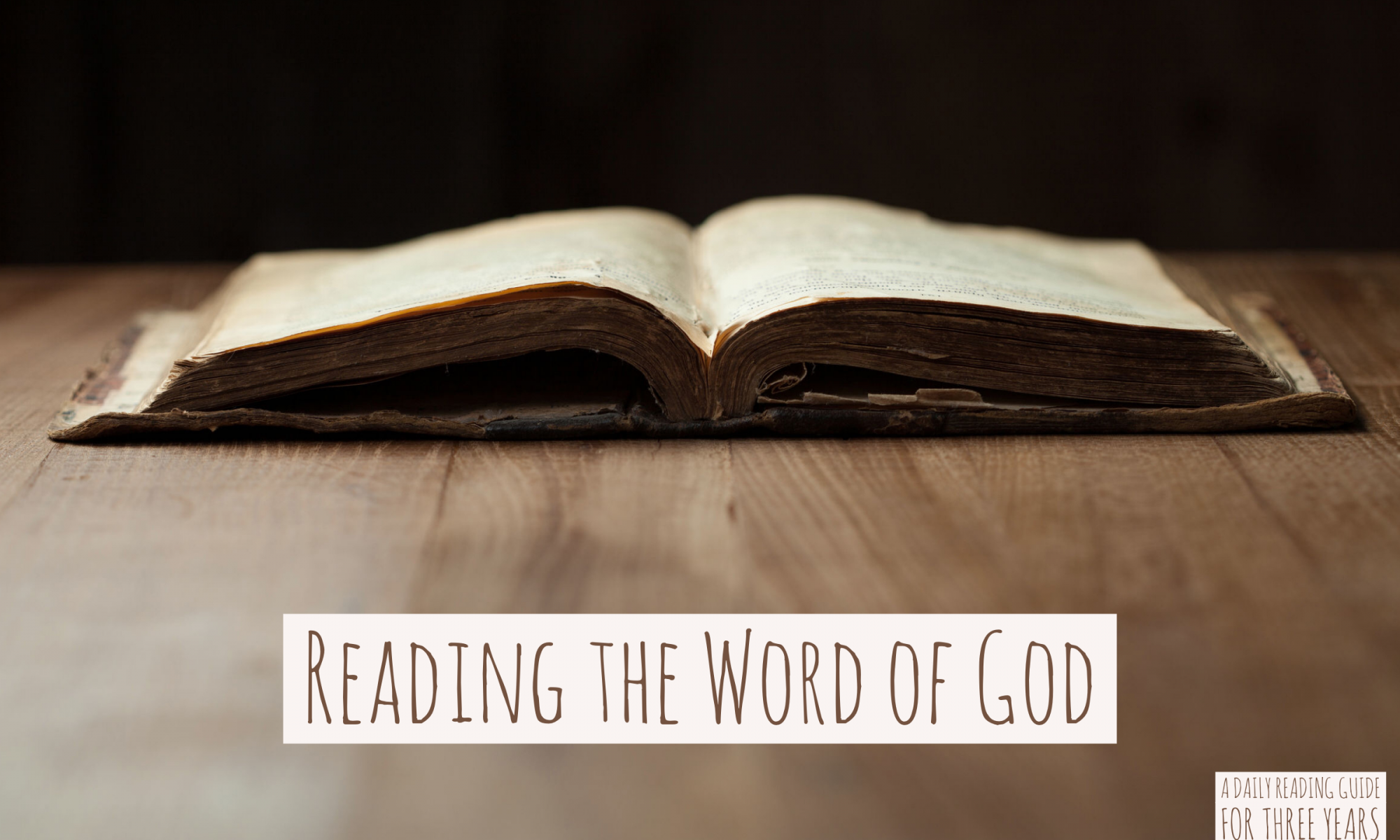Luther did not first come to realize in 1522 that everything in Scripture depends upon that which teaches Christ. He expressed this view already in his first exposition of the Psalms, 1513-1514. Already there we read, “I see nothing in Scripture but Christ crucified” (Ego non intelligo usquam in Scriptura nisi Christum cruci xum); and in a fragment of a sermon delivered on November 11, 1515, Luther says: “He who would read the Bible must simply take heed that he does not err, for the Scripture may permit itself to be stretched and led, but let no one lead it according to his affects but let him lead it to the source, i.e., the cross of Christ. en he will surely strike the center;” and in his Exposition of the Penitential Psalms, 1517, he says in conclusion: “This I confess for myself, whenever I found less in the Scripture than Christ I was not satisfied; whenever I found more than Christ, I never became poorer myself, so that even that seems true to me, that God, the Holy Spirit, does and will know no more than Jesus Christ, as he says of Him, He will glorify me.” And according to Luther also in the Old Testament writings Christ can be found. (28)
*For additional information, source material, and details, please visit: Reading the Word of God – Introduction



